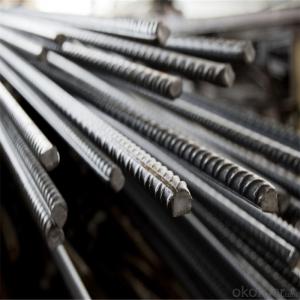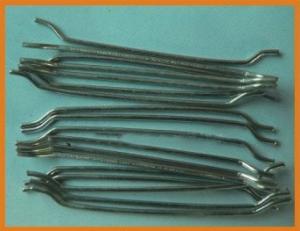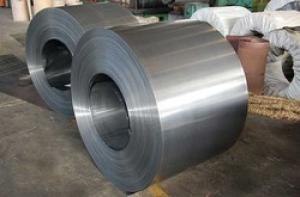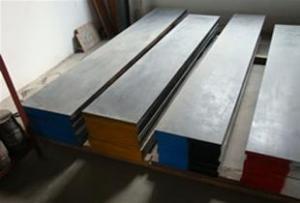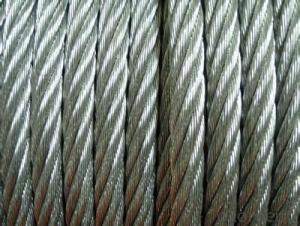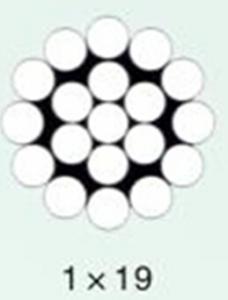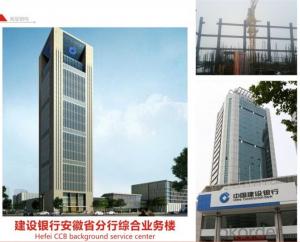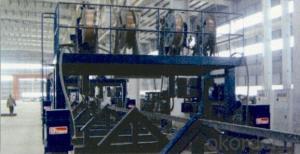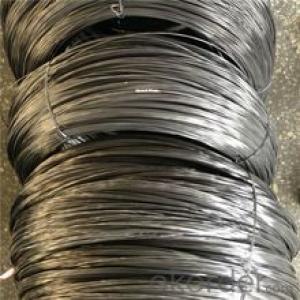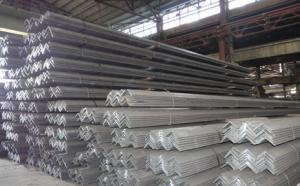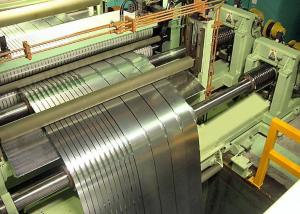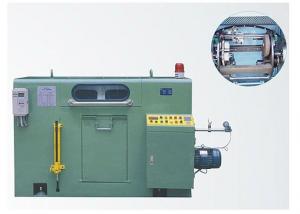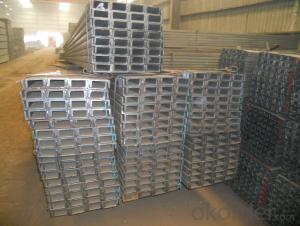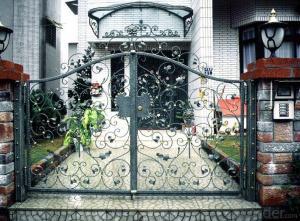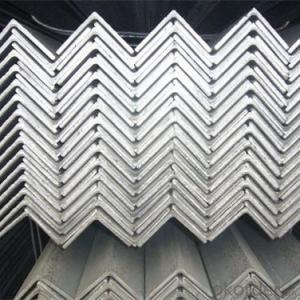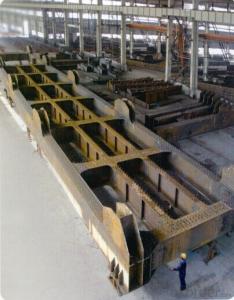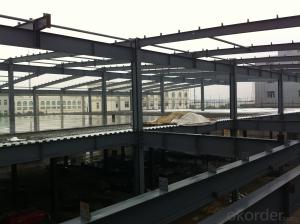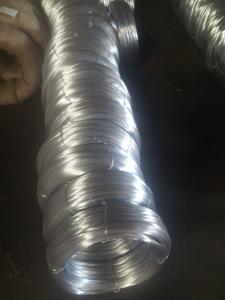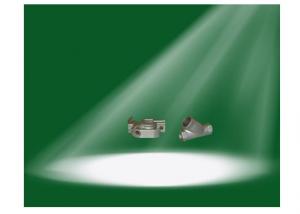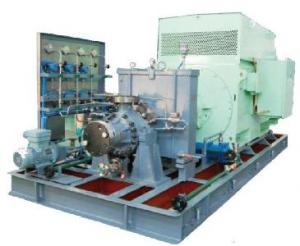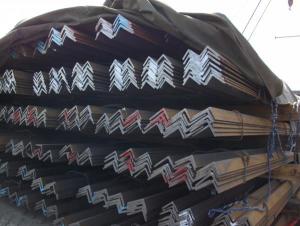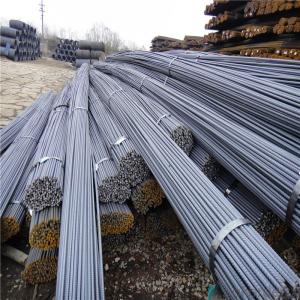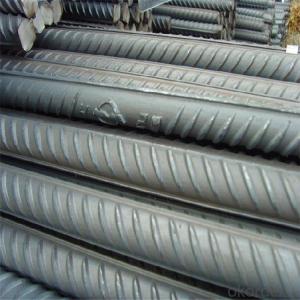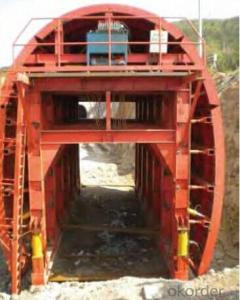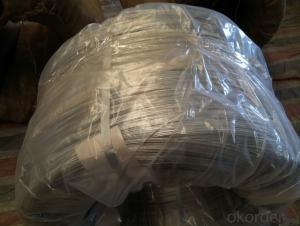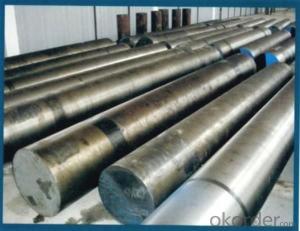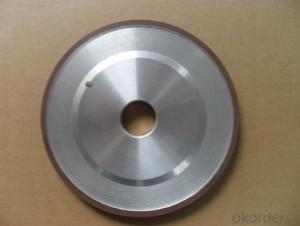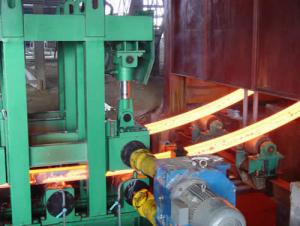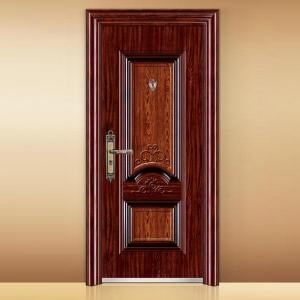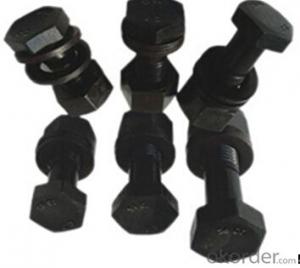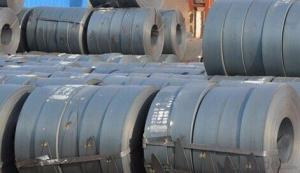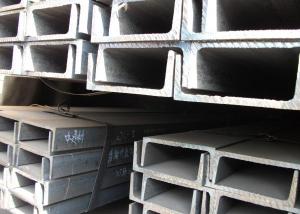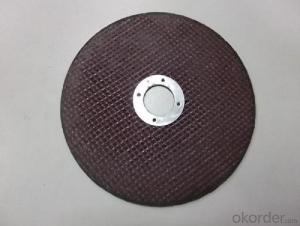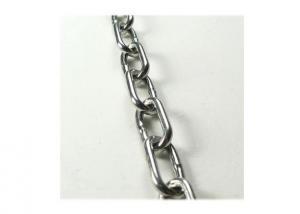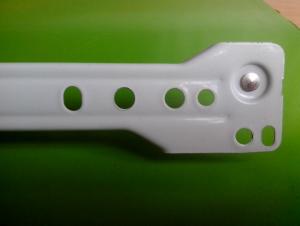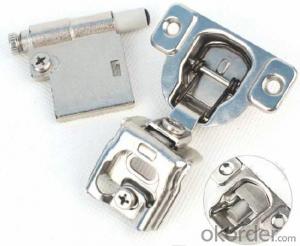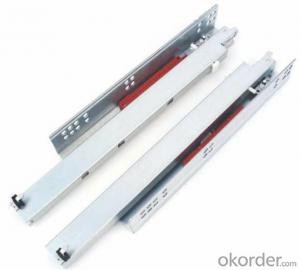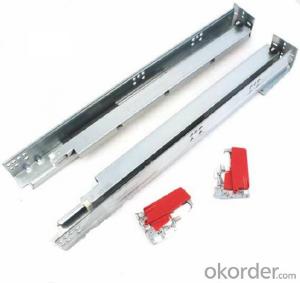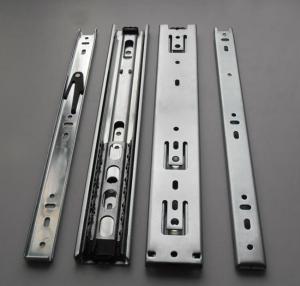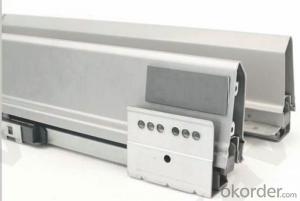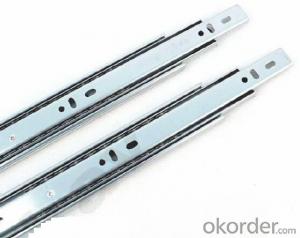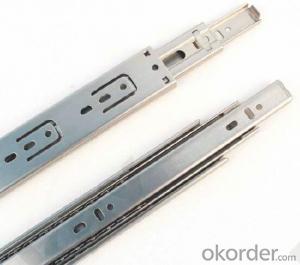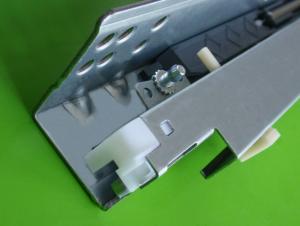High Speed Steel
High Speed Steel Related Searches
Hot Rolled Steel Hardened Stainless Steel High Carbon Steel Scrap Cold Rolled Steel Hot Rolled Mild Steel Surgical Stainless Steel Hot Dipped Galvanized Steel Rusted Galvanized Steel Density Stainless Steel Galvanized Corrugated Steel Dark Stainless Steel High Temperature Plastic Colored Stainless Steel Stainless Steel Hardware Corrugated Galvanized Steel Magnetic Stainless Steel German Stainless Steel Welded Stainless Steel Hot Dip Galvanized Steel High Thermal Insulation Stainless Steel Metals Liquid Stainless Steel High Temperature Sealant Painted Galvanized Steel Metal Stainless Steel Smoking Stainless Steel Steel Galvanized Hot Rolled Steel Futures Weld Galvanized Steel Steel ScrewsHigh Speed Steel Supplier & Manufacturer from China
High Speed Steel, also known as HSS, is a type of tool steel that is widely recognized for its exceptional hardness and resistance to wear. This material is specifically engineered for cutting tools, drills, and other precision instruments that require high-speed machining and performance under demanding conditions.High Speed Steel finds its application in various industries, including automotive, aerospace, and manufacturing, where precision and durability are paramount. Its ability to maintain sharp edges at high temperatures and resist deformation under pressure makes it an ideal choice for cutting, drilling, and shaping a wide range of materials, from steel to aluminum and even titanium.
Okorder.com is a leading wholesale supplier of High Speed Steel, offering a vast inventory that caters to the diverse needs of industries worldwide. With a commitment to quality and customer satisfaction, Okorder.com ensures that the High Speed Steel products they provide meet the highest standards of performance and reliability.
Hot Products
